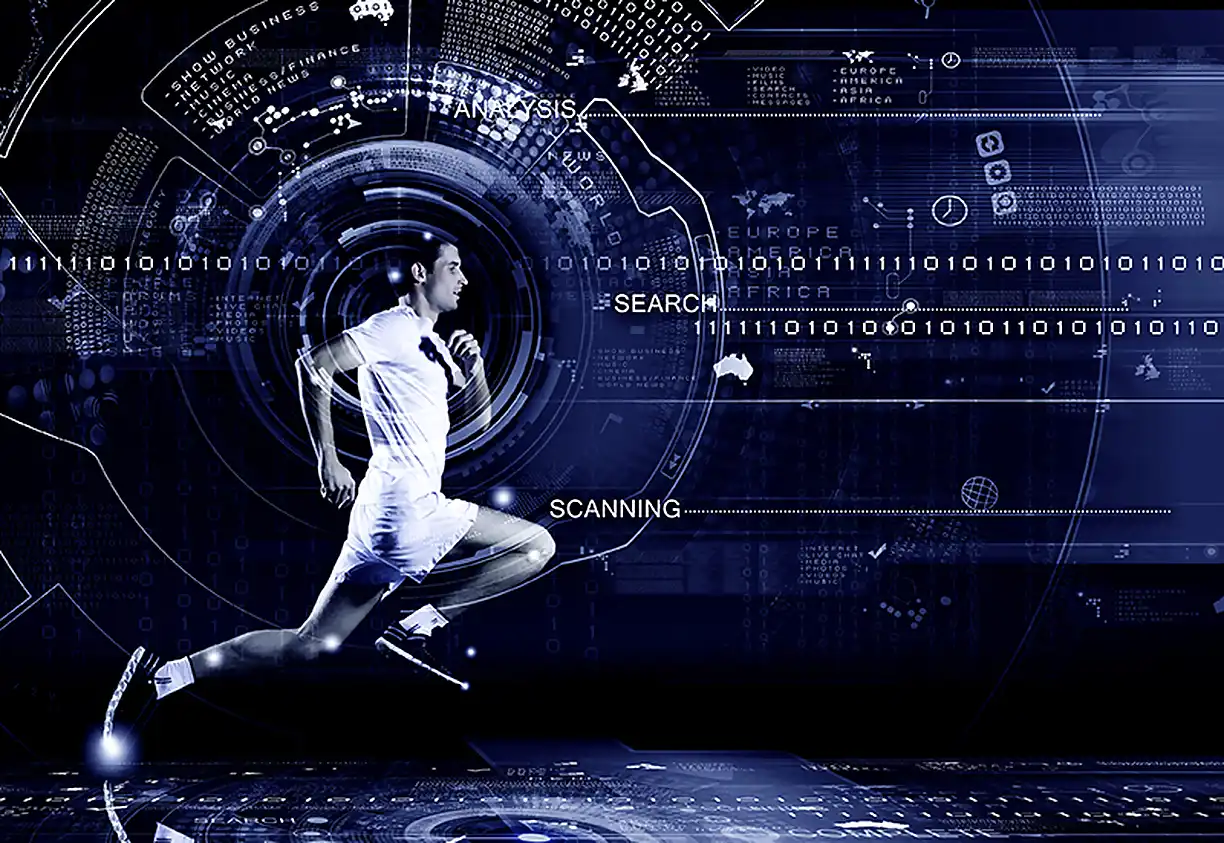Tan Liu, a former Tesla control systems engineer, has made serious allegations against the firm. He asserts that Tesla's autopilot software is not dependable and that the autopilot's failures risk the lives of its users. Liu also claims that Tesla cut corners in the manufacture and maintenance of the autopilot system.
Liu, who worked at Tesla for half a year in 2019, voiced his concerns to his superiors on multiple occasions. However, his concerns weren't given any weight. Feeling that his statements went unheard, he chose to file a formal complaint with the Security and Exchange Commission (SEC).
The SEC whistle-blower complaint by Liu involves some alarming allegations. First and foremost are claims that Tesla churned out autopilot updates with a speed that undermined safety. This rushed process supposedly resulted in updates that failed to consider various traffic scenarios.

According to Liu, the major issue is that Tesla doesn’t rely on something known as ‘misuse-cases.’ In the world of software safety engineering, ‘misuse-cases’ are employed to anticipate user errors or unforeseen conditions that could cause the system to fail or behave unpredictably.
On top of these allegations, Liu accused Tesla of ignoring standard safety protocols. He believes that Tesla pushed the boundaries too far with their autopilot system, turning users into unsuspecting beta testers. This also led to Liu speculating potential issues with Tesla's Full Self-Driving (FSD) capabilities.
The nature of Liu's claims against Tesla revolve largely around this comprehensive safety oversight. He noted that Tesla failed to acknowledge that its cars would share the roads with pedestrians, cyclists, and motorbikes, not just other cars – an incredibly dangerous oversite in autonomous driving software.
Liu's SEC complaint also touches on his personal experience within the company. He asserts that company leadership ignored his requests for safety modelling. Those in charge allegedly preferred a shoot-from-the-hip approach to software development, an attitude Liu described as reckless.
Liu’s experience became increasingly heated. He commented that the company favored ‘reactive’ measures, addressing concerns only after accidents had occurred, rather than implementing a proactive approach to ensure safety from the outset.
Interestingly, Liu is not the first to raise concerns about the safety of Tesla’s autopilot features. Previous cases of Tesla car crashes while on autopilot have already led to public skepticism. Yet, Tesla continues to market its autopilot and Full Self-Driving features, despite mounting criticism.
In Tesla’s defense, the company has consistently claimed that the autopilot and later the Full Self-Driving systems reduce the risk of accidents. Furthermore, Tesla CEO Elon Musk has previously expressed confidence in these systems and dismissed critics, stating that autonomous driving is inherently safer than human driving.
Tesla’s official stance posits that their autopilot system is designed to increase, not decrease, safety. They suggest that autopilot should decrease the cognitive load on the driver, enabling them to focus more on their surroundings rather than the mechanics of driving.
Yet amidst this promised safety, Liu's allegations and the resultant SEC complaint cast a long shadow. He criticizes Tesla's present approach to safety, suggesting that the company is acting recklessly by not placing enough emphasis on misuse-cases and safety modeling.
With Liu's SEC complaint, an intensified scrutiny surrounds Tesla, raising questions about the safety of their autopilot system. This is not the first time Tesla has been under examination regarding its autopilot function, but this complaint stands out due to Liu’s insider knowledge and credentials.
The question that arises is whether Tesla faces a genuine crisis or not. If Liu's allegations hold water, they may pose significant legal and PR issues for Tesla. This case could also set an essential precedent for tech companies and the development of autonomous driving software.
The future of Tesla's autopilot system and Full Self Driving features hang in the balance now. While such technology promises unparalleled comfort and safety, these benefits can only be realized if the system is indeed as secure as advertised.
Should Liu’s claims prove to be accurate, they could unravel a web of legal and regulatory implications for Tesla. So far, Tesla hasn't issued an official response to Liu's SEC complaint, although it's likely this will change if the SEC decides to investigate further.
While this case does stir up some uncertainty, it could arguably prompt better safety practices in the long run. After all, the goal should always be to ensure the utmost safety of road users above all else. Only time will tell how Tesla chooses to navigate this situation.
As the world eagerly awaits more autonomous driving capabilities, concerns like the ones Liu raised remind us of the risks involved. Tesla is undoubtedly a leader in this domain, and the scrutiny it faces now could lead to positive changes in the industry overall.
In all, the path to truly secure and reliable autonomous driving is not simple. It requires time, rigorous testing, and a proactive approach to safety. As Liu’s complaint brings the conversation on autopilot safety back into the spotlight, it serves as a stark reminder of the responsibilities such tech companies carry.